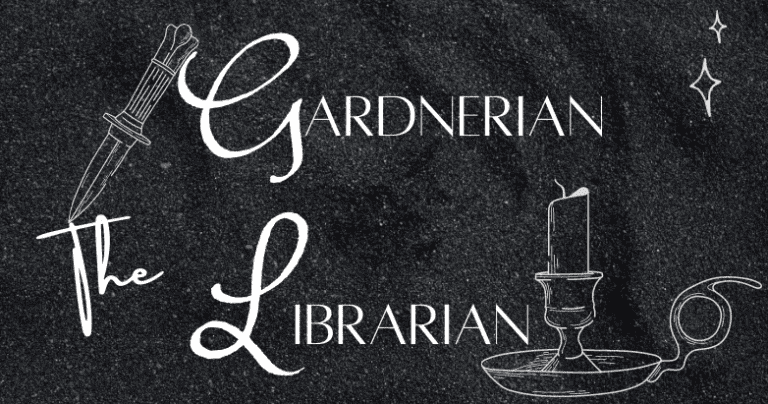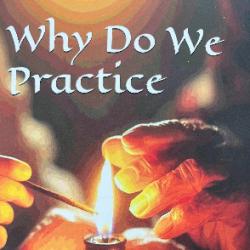In my previous post, I wrote about Currency and how we can apply it to books like Witchcraft Today. Today’s post is dedicated to the second facet of the CRAAP Test: Relevancy. Every day, we are inundated with a massive amount of information. Our brains do a ton of work sifting out the pebbles from the golden nuggets of information, even without our notice. However, more complex information requires a more discerning eye. Ever scroll through your Google results and ask, “The hell is THAT doing here?!” Read on.
Relevancy or Irrelevancy – that is the question!

Let’s imagine we’re doing research on the history of protective magical practices. Think psychic shields, witch bottles, iron nails, red brick dust and the like. Most of us will naturally gravitate toward Google for research, which is totally fine. Search ‘history of protective magic’ on Google and you’ll get over 45 million results thrown back at you. It’s important to note there that Google’s algorithms stack results and that results will vary from person to person.
According to Google, “[R]anking systems are made up of not one, but a whole series of algorithms. To give you the most useful information, Search algorithms look at many factors, including the words of your query, relevance and usability of pages, expertise of sources, and your location and settings.” That last part about “location and settings” is, quite possibly, the most important information here. Your geographical location will prompt Google to frontload results based on what you and others in your geographical location have previously searched. That’s right – if some Chad from your neighborhood searched for something remotely similar to your keywords then you will get their results mixed in with yours. Because of this, it can be more challenging to filter out irrelevant results.
Quick Tips for Filtering Out Crap Results
- Ask yourself if the information helps answer your research question.
If you’re struggling to figure out whether or not information is useful to you then it likely isn’t.
If you can only find one sentence in an entire document on your topic then it’s an irrelevant source of information.
- Determine the currency of the information.
If you’re researching the history of a topic then older, primary sources will be helpful.
If you want up-to-date information on a topic then look for newer published/posted information. Last 5-10 years.
Just because something was relevant on a topic in the past does not mean it’s relevant now! - Determine the reputability of the information source.
Is this source or resource known for giving factual, unbiased information?
Can you easily fact-check the information on this site?
Unless you are researching both sides of an argument then leave biased info to the wayside.
For funsies: check out The Media Bias Chart for a visual graphic on biased and neutral media sources.
Follow me on Instagram @thegardnerianlibrarian
Listen to Jason Mankey’s interview with me on Witches, Whisky, & Wit!


















